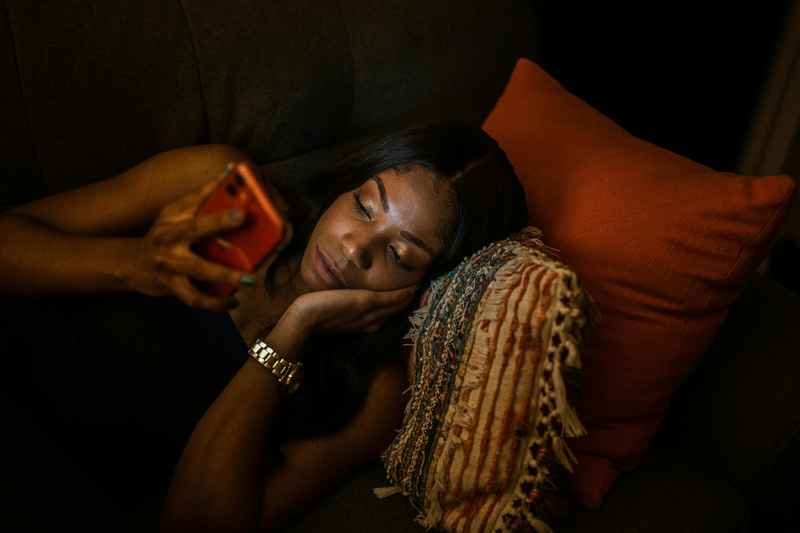Why Your Health Habits Feel Hard to Change

Why does it feel so difficult to make lasting changes to your health? Maybe you’ve tried to overhaul your diet, commit to an exercise routine, or let go of unhealthy habits. But no matter how much motivation you start with, something seems to pull you back into old patterns. If you’ve ever wondered why, you’re not alone—and the answer might lie deeper than you think.
The Hidden Influence of Inherited Beliefs
Think back to your earliest memories of food, exercise, and health. Were meals about nourishment or celebration? Was exercise framed as fun or as a chore? Whether you realize it or not, the beliefs you hold today about health didn’t start with you. They were inherited, shaped by the family, culture, and environment you grew up in.
For example, you may have grown up hearing phrases like, “Clean up your plate,” or, “You’ve earned a treat.” These messages may have taught you to associate food with rewards or obligations rather than nourishment. Similarly, if fitness wasn’t prioritized in your family, you might feel resistance to starting a routine now because it wasn’t ingrained as part of your life.
The problem is that many of these beliefs operate unconsciously, influencing your decisions without you realizing it. You might tell yourself, “This is just who I am,” or, “I’ve always been like this.” But in reality, these patterns aren’t set in stone—they’re simply habits your mind and body have learned over time.
Why Change Feels Like a Battle
If you’ve ever felt stuck in a loop of trying and failing to change, you’re likely bumping up against your nervous system. Our nervous system has one main goal: to keep us safe. And for most of us, “safe” means staying in familiar patterns, even if those patterns no longer serve us.
This is why making changes—especially around health—can feel uncomfortable or even triggering. Your nervous system isn’t trying to sabotage you; it’s simply wired to maintain the status quo. When you try to introduce a new habit, such as exercising regularly or eating differently, your body perceives this as a disruption to its equilibrium. As a result, it resists, pushing you back toward the familiar.
This resistance isn’t about willpower or motivation; it’s about biology. Understanding this can help you reframe those frustrating moments when change feels impossible. It’s not a personal failure—it’s your nervous system doing its job.
The Emotional Connection to Health Choices
When it comes to health, logic often takes a backseat to emotion. Have you ever reached for comfort food during a stressful time, even though you know it won’t solve the problem? Or skipped a workout because you just didn’t feel like it? These decisions aren’t random—they’re tied to deeply ingrained emotional patterns.
For many of us, food has emotional associations that go back to childhood. It might have been used as a way to celebrate successes, soothe disappointments, or connect with loved ones. These associations are powerful because they’re linked to moments of comfort or joy, making them hard to break.
Similarly, the emotions tied to exercise can influence whether we view it as something enjoyable or as a source of pressure. If your early experiences with fitness were negative—perhaps tied to feelings of inadequacy or forced participation—you might unconsciously avoid it now, even if you know it’s good for you.
These patterns are not inherently bad; they’re simply part of the emotional landscape we’ve inherited. But they can keep us stuck in cycles that don’t align with our current goals.
Health as the Foundation for Fulfillment
It’s easy to think of health as just one piece of the puzzle—a box to check alongside career, relationships, and personal growth. But the truth is, health is the foundation for everything else. Without it, the other areas of life lose their vitality.
When your body feels strong and vibrant, it allows you to show up fully in your relationships, pursue your goals with energy, and navigate challenges with resilience. On the other hand, when your health is compromised, even simple tasks can feel overwhelming. It’s not just about living longer—it’s about living well.
This doesn’t mean striving for perfection. Health isn’t about extremes or rigid rules. It’s about creating a foundation that supports the life you want to live, one where you can fully engage with the people and experiences that matter most.

Rewriting the Story of Health
The good news is that the beliefs and patterns that shape your health are not fixed. They were learned—and what’s learned can be unlearned. Change starts with awareness: recognizing the stories you’ve been telling yourself about your body and health, and questioning whether they still serve you.
For example, you might notice a belief like, “I’m just not someone who enjoys exercise.” Where did that come from? Is it truly who you are, or is it a narrative you’ve carried from past experiences? By bringing these unconscious patterns to light, you create the space to choose something different.
Rewriting these stories isn’t about forcing yourself to adopt new habits out of guilt or obligation. It’s about aligning your health choices with your deeper values and aspirations. When you approach health from a place of intention rather than judgment, change becomes less about struggle and more about self-discovery.
Why Action Matters
Awareness is a powerful first step, but it’s not enough on its own. Lasting transformation requires consistent action. This doesn’t mean overhauling your entire life overnight—it means taking small, intentional steps toward your goals and holding yourself accountable along the way.
Support can make all the difference here. Whether it’s a structured program, a community of like-minded individuals, or simply a friend who understands your journey, having external accountability can help you stay on track when resistance arises.
Ultimately, the path to a healthier relationship with your body is one of empowerment. It’s about recognizing your ability to shape your own narrative and taking ownership of the choices that support your highest self.
Closing Thoughts
Transforming your health isn’t just about changing your habits—it’s about changing the beliefs, emotions, and patterns that drive those habits. By understanding the deeper layers of your relationship with health, you can create a foundation that supports not only your physical vitality but every other area of your life.
If this resonates, the Inner Foundation Series offers tools to help you uncover and shift the patterns holding you back, empowering you to align your health choices with your best self. It’s a step toward lasting change that begins from within.
